मृदा परीक्षण | Soil Testing
मृदा परीक्षण की सम्पूर्ण प्रक्रिया
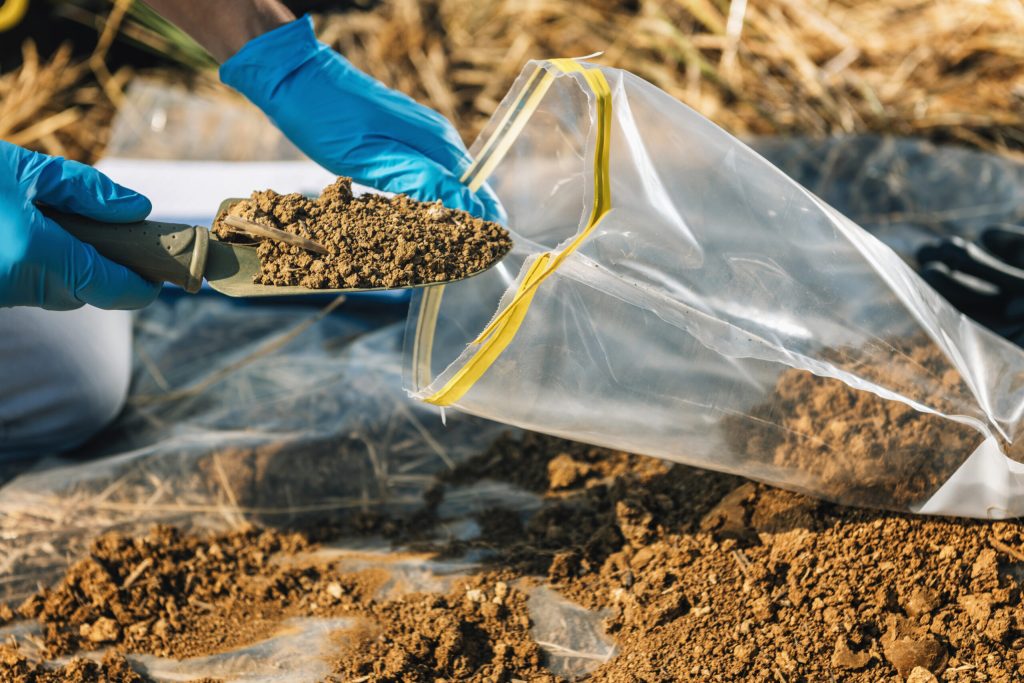
मृदा परीक्षण एक वैज्ञानिक प्रक्रिया है, जिसके माध्यम से हम मिट्टी की उर्वरता, पोषक तत्वों की मात्रा और उसकी गुणवत्ता का आकलन करते हैं।
Complete Process of Soil Testing

Soil testing is a scientific process through which we assess the fertility, nutrient content, and quality of the soil.
मृदा परीक्षण क्यों आवश्यक है?
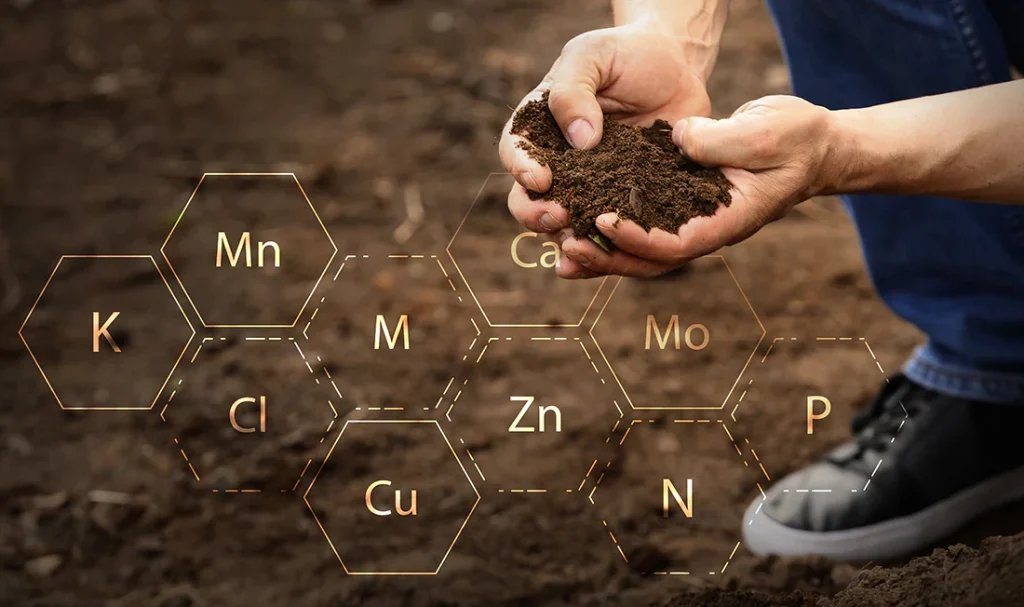
- मिट्टी में पोषक तत्वों की कमी या अधिकता का पता चलता है।
- फसलों की सही पैदावार के लिए उचित मात्रा में उर्वरक की सिफारिश की जा सकती है |
- भूमि की उर्वरक शक्ति को बनाए रखने और सुधारने में मदद करता है |
- लागत में कमी आती है और मुनाफा बढ़ता है |
Why is Soil Testing Necessary?

- Identifies deficiency or excess of nutrients in the soil.
- Helps in recommending the right amount of fertilizers for better crop yield.
- Helps in maintaining and improving soil fertility.
- Reduces cost and increases profit.
मृदा परीक्षण की प्रक्रिया
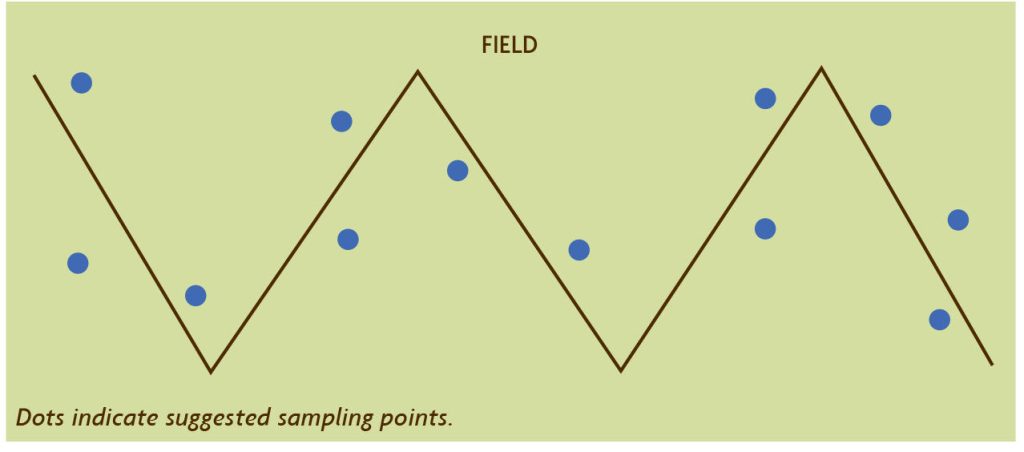
नमूना संग्रह
- खेत को 5–6 भागों में बाँट लें।
- प्रत्येक भाग से 6–8 इंच की गहराई से मिट्टी निकालें।
- ऊपर की परत (पत्तियाँ, घास, पत्थर आदि) हटा दें |
- सभी स्थानों से ली गई मिट्टी को मिलाकर एक मिश्रित नमूना तैयार करें।
- लगभग आधा किलो मिट्टी का नमूना एक साफ थैली में भरें।
Process of Soil Testing
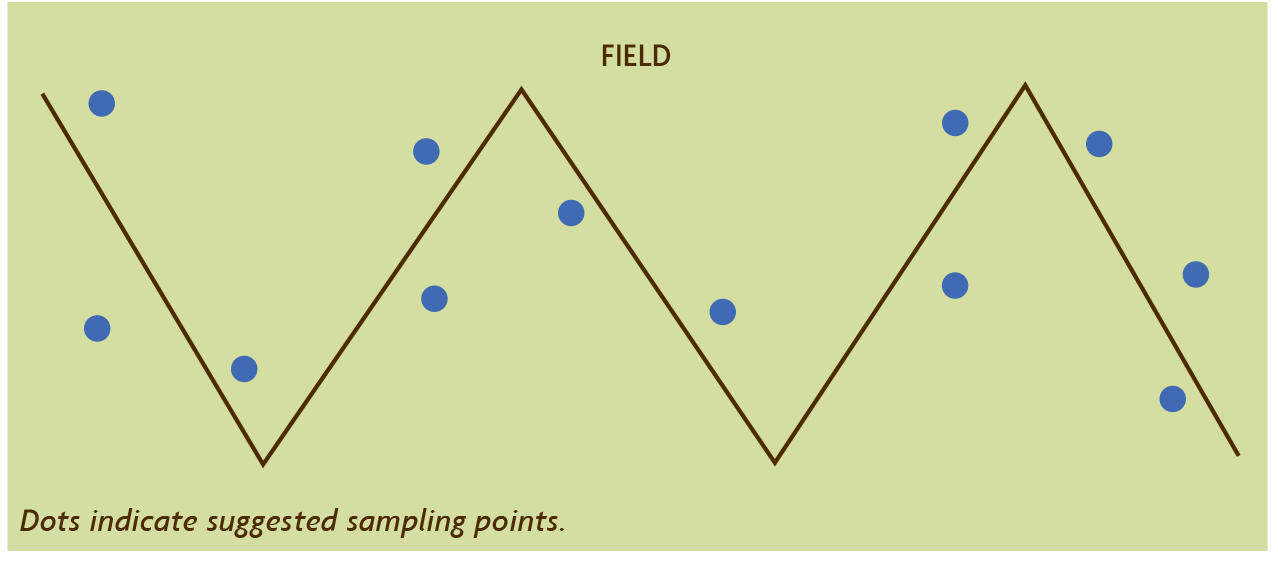
Soil Sampling
Divide the field into 5–6 parts.
- Collect soil from a depth of 6–8 inches in each part.
- Remove the top layer (leaves, grass, stones, etc.)
- Mix soil from all places to make a composite sample.
- Take about half a kilogram of soil sample in a clean bag.
नमूना सुखाना
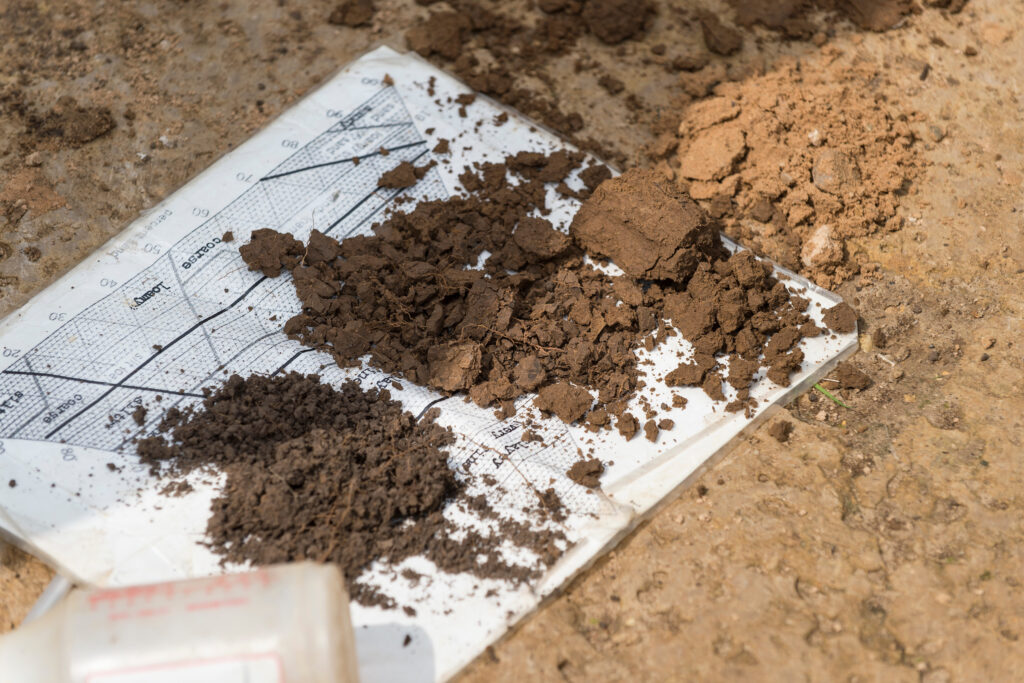
- ली गई मिट्टी को छाया में सुखाएं।
- सीधे धूप में न सुखाएं, इससे कुछ तत्व नष्ट हो सकते हैं।
- सूखने के बाद मोटे कण और जड़ें अलग कर दें।
Drying the Sample

Dry the soil sample in shade.
- Do not dry in direct sunlight as some nutrients may be lost.
- Remove coarse particles and roots after drying.
प्रयोगशाला में भेजना
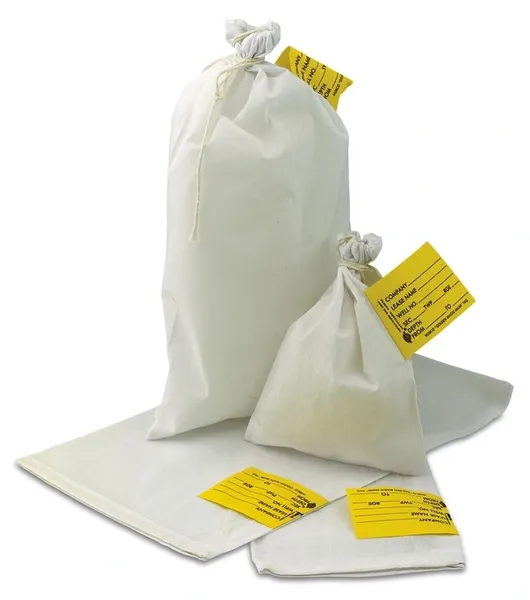
- सुखाई गई मिट्टी को एक साफ प्लास्टिक बैग में पैक करें।
- बैग पर किसान का नाम, गाँव, खेत का खसरा नंबर और फसल का नाम लिखें।
- निकटतम कृषि विज्ञान केंद्र (KVK) या अधिकृत प्रयोगशाला में नमूना भेजें।
Sending to Laboratory
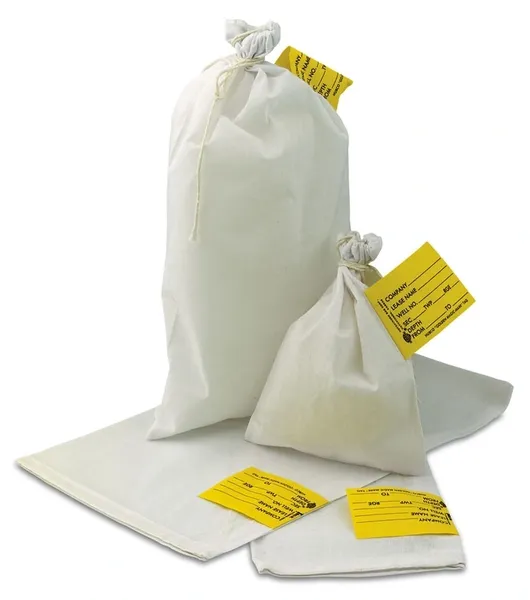
- Pack the dried soil in a clean plastic bag.
- Label the bag with the farmer’s name, village, field number, and crop name.
Send the sample to the nearest Krishi Vigyan Kendra (KVK) or authorized lab.
परीक्षण प्रक्रिया
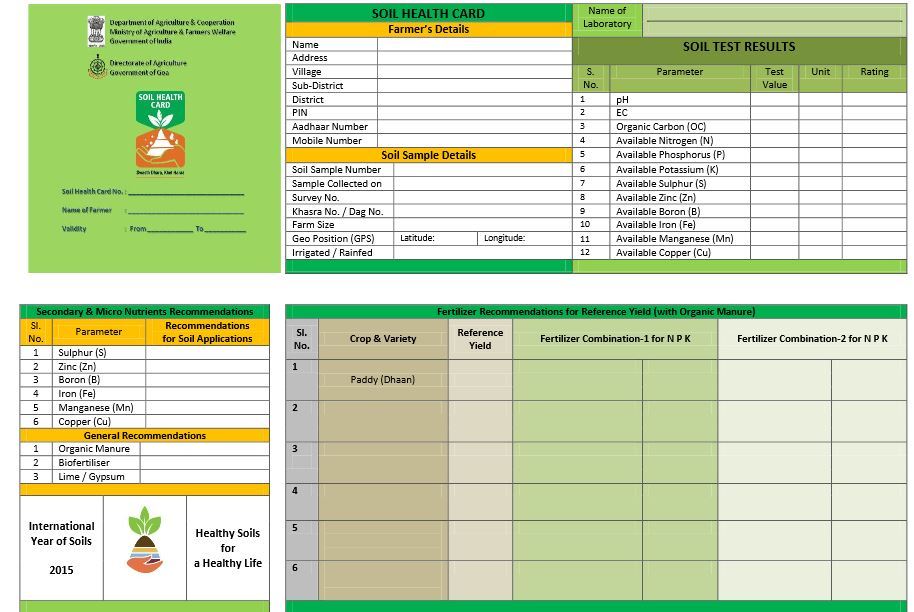
प्रयोगशाला में निम्नलिखित जाँच की जाती है:
- pH मान (अम्लीय या क्षारीय) |
- विद्युत चालकता (EC) |
- कार्बनिक कार्बन की मात्रा |
- उपलब्ध नाइट्रोजन (N) |
- फास्फोरस (P) |
- पोटाश (K) |
- सल्फर (S) |
- सूक्ष्म पोषक तत्व जैसे जिंक, आयरन, मैंगनीज, कॉपर आदि।
Testing Process

The following tests are done in the lab:
- pH value (Acidic or Alkaline)
- Electrical Conductivity (EC)
- Organic Carbon content
- Available Nitrogen (N)
Phosphorus (P)
Potassium (K)
- Sulphur (S)
- Micronutrients like Zinc, Iron, Manganese, Copper, etc.
रिपोर्ट प्राप्त करना |
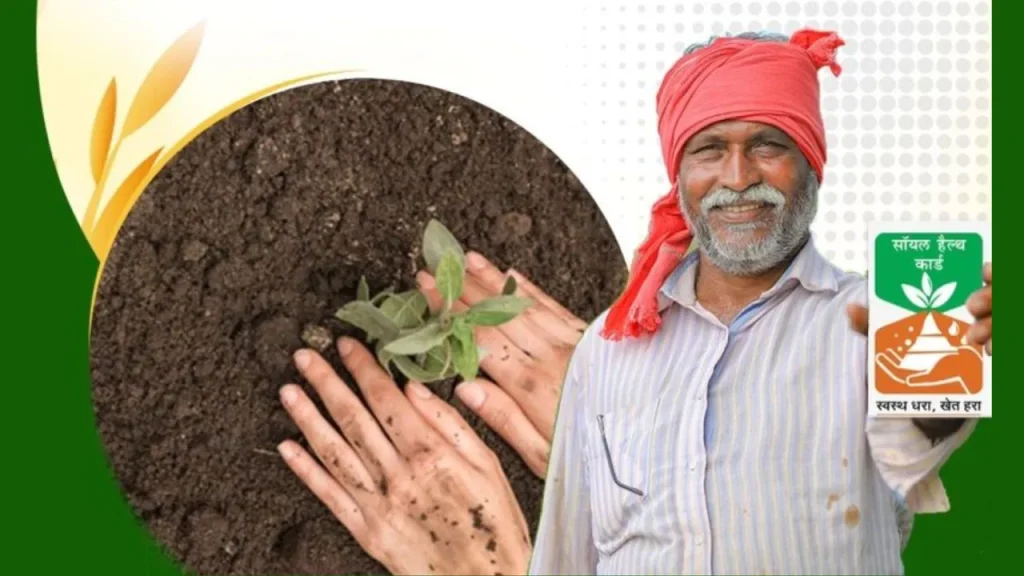
- प्रयोगशाला द्वारा तैयार की गई रिपोर्ट किसान को दी जाती है।
- रिपोर्ट में सभी पोषक तत्वों की स्थिति बताई जाती है।
- रिपोर्ट के अनुसार उर्वरक की सिफारिश दी जाती है।
Receiving the Report

The lab provides a soil test report to the farmer.
The report shows the status of all nutrients.
- Fertilizer recommendations are given based on the report.
मृदा स्वास्थ्य कार्ड
- यह कार्ड किसान को मृदा परीक्षण के आधार पर दिया जाता है।
- इसमें खेत की मिट्टी का पूरा विवरण और उर्वरक की सिफारिश लिखी होती है।
- इसके आधार पर किसान सही खाद और उर्वरक का उपयोग कर सकते हैं।
Soil Health Card
- This card is given to farmers based on soil testing.
- It contains complete details of soil and fertilizer recommendations.
- Farmers can use the right fertilizers based on this.
निष्कर्ष
मृदा परीक्षण हर किसान के लिए जरूरी है। यह न केवल मिट्टी की गुणवत्ता को बनाए रखता है बल्कि सही फसल उत्पादन और अधिक लाभ की गारंटी भी देता है। समय-समय पर मृदा परीक्षण करके किसान अपनी फसलों के लिए संतुलित पोषण प्रबंधन कर सकते हैं।
Conclusion
Soil testing is essential for every farmer. It not only maintains soil quality but also ensures better crop production and higher profits. By conducting soil testing regularly, farmers can manage balanced nutrition for their crops.

